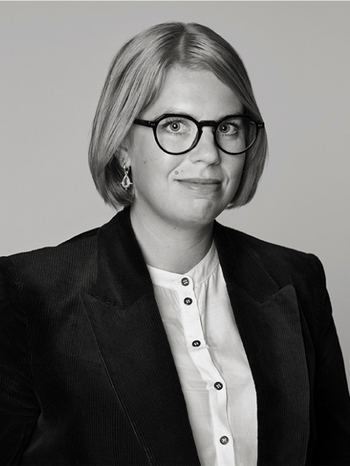Olle Baertling
"Artoa"
Signed Baertling and dated 1957 on verso. Canvas 180 x 92 cm.
Alkuperä - Provenienssi
Theodor ”Teto” Ahrenberg Collection; Stockholms stads auktionsverk, ”Kvalitetsauktion” / ”Svensk konst ur direktör Theodor Ahrenbergs samling”, April 20 1966, lot 353.
Private collection, Sweden.
Näyttelyt
Musée des Beaux-Arts, Liége, May - July, 1958.
Muut tiedot
Every year, Olle Baertling's unique fascinates new art collectors who find his "open form" appealing and suggestive. Like many other artists he experienced resistance and for a long time he was known as "the controversial banker who tried to paint", despite the fact that he, unlike many contemporary artists, reached far beyond the borders of his homeland during his lifetime.
Baertling's painting developed in the 1940s from figurative towards the non-figurative. When the borders opened after the Second World War, Baertling, like many others, went to France. The 1950s were his most important decade. During the first years of the 1950s, he took longer and longer vacations from his banking job and traveled to Paris. There he got inspired by the new artistic winds at the Salon des Réalités Nouvelles and met with sought out artists such as André Lhote, Fernand Léger, Victor Vasarely, Richard Mortensen and Auguste Herbin. The latter became crucial for his continued development as an artist. Herbin introduced Baertling to the gallery owner Denise René, who immediately installed him in her "stable" of constructivists. Baertling abandoned the OP art that inspired him for a while and began to create in his very own style where triangles and diagonals became the main theme. Everything was methodically executed; and the "open form" is born. In the concept of "the open form", Baertling sought to depict space and movement through his geometric shapes that continue beyond the surface of the image.Lines and large color fields in black characterize his paintings, contrasted with "Baertling-white", a unique shade invented by the artist. Baertling preferred artificial colors that did not give associations to nature and believed that black was a magical color, both light, happy, and beautiful.









































